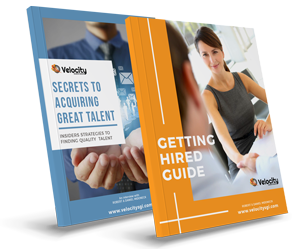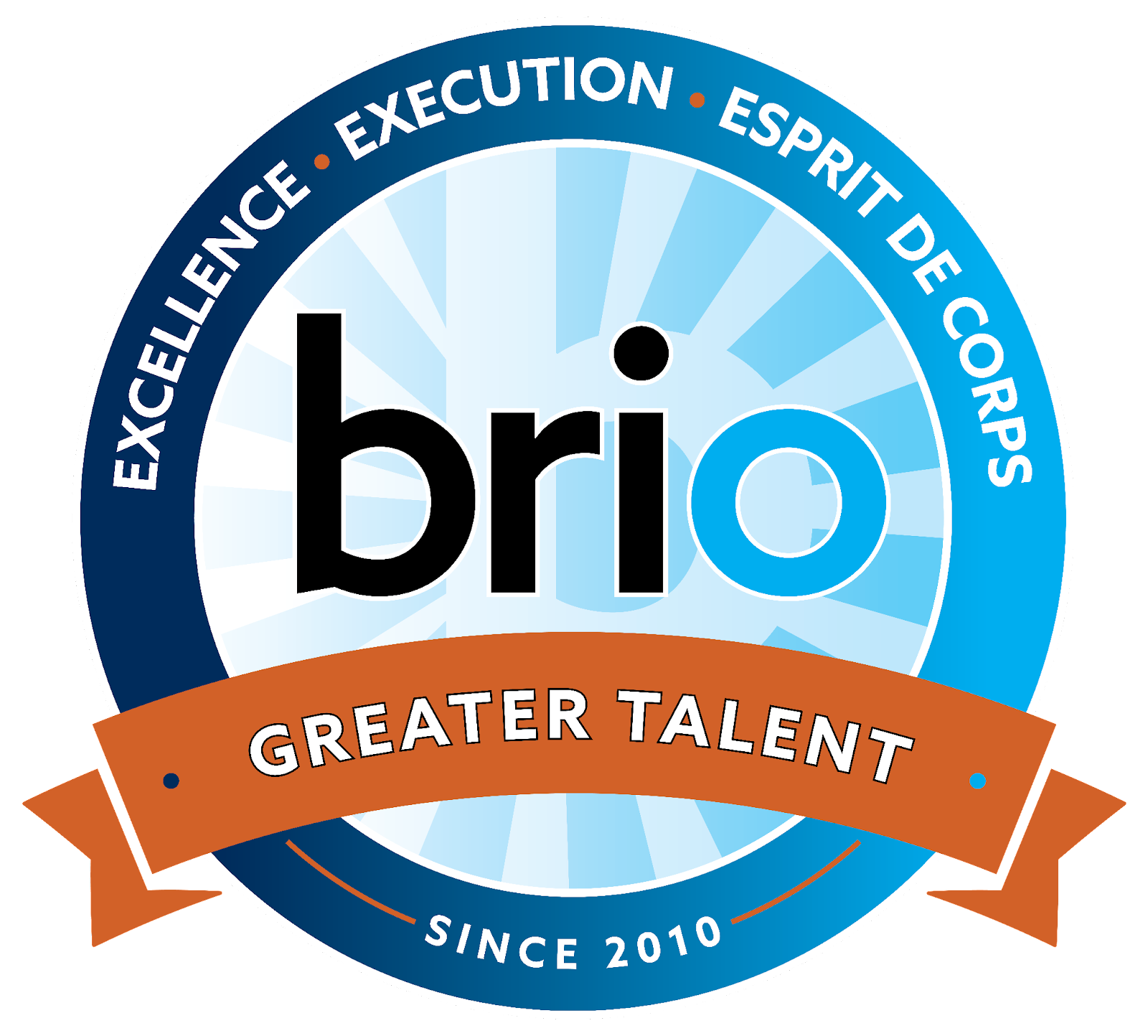SHARE
You know your resume and cover letter are carefully targeted when you receive the phone call or email that every job seeker wants: “Thank you for your submission. We’re very interested in scheduling an interview with you!”
While some talent acquisition managers will provide several scheduling windows from which to choose, others will point to an open calendar and leave it up to you. When that happens, your brain goes into overdrive trying to figure out the best possible time to schedule an interview. Morning or afternoon? Early in the week or late? The list goes on.
Fortunately, you can give up on trying to find out the absolute best time of the day, week or year to interview. As career expert Alison Green says, “If you’re the best candidate, the fact that you interviewed at the start or end of the week isn’t going to obscure that.” No scheduling hat trick will suddenly make you the best fit for a position; careful scheduling will only help to make you feel at your best for the big day.
With that disclaimer, here are a few things to take into consideration as you plan your job hunt and interview for your next big opportunity.
Best Time of the Day
Statistically, there is no single best time of the day to conduct or attend an interview; it all depends on your preference or the preference of those interviewing you.
Since you cannot read the mind of your interviewer, you should prioritize your personal working rhythms to make sure you are able to perform at your best. For example, if you are like 7 percentof young adults who identify as a “morning person,” an early-morning interview may catch you at your freshest. If you aren’t, a late-in-the-day interview may suit you better and give you more time to prepare. The best answer will depend on when you feel the most confident and energetic.
As you hunt for a job hunt, take note of when you feel your best each day. Whether you are employed or unemployed, you will start to notice specific times when you feel most energized and other times when you feel tired or unfocused. Whenever possible, schedule these times for interviews.
Best Time of the Week
There is no day of the week that will obscure your fit for a position. However, interviewers are people, too, so there are a few common-sense guidelines you can use to catch them at their best.
First, aim for the beginning of the week over the end of the week. In particular, after noon on Mondays through noon on Thursdays. This allows talent acquisition managers to step into the office and have time to catch up on administrative tasks before they meet you, making it less likely that they will be distracted by unanswered emails and other priorities for the week.
The reverse logic works for the end of the week; as busy as your interviewer is, he may be preoccupied with finishing his tasks for the week or fitting every meeting into his schedule before the weekend. An interview during this time won’t count against you by any means, but it may be more convenient for the interviewer to avoid these high-traffic times in the office.
Finally, if you have any indication of the interview order (that is, when other candidates will be interviewed relative to your interview), try to be last. Contrast bias may work against you as the hiring board considers everyone it has interviewed, and the last interview tends to stand out most. Some experts recommend aiming to interview slightly before the middle of the group so that you avoid falling victim to the hiring board’s decision fatigue, but you still stand out as one of the first viable candidates.
Best Time of the Year
If you’re ready to leave a job or suddenly unemployed, there isn’t much you can control about the time of year you’re seeking a job. However, it’s important to note the holiday and common vacation schedules of your locality so that you won’t be surprised by closed offices or everyone’s-out-of-the-office responses.
For example, hires over the summer or near peak holidays such as Thanksgiving and Christmas may take longer to push through a company. During these times, key stakeholders in the decision process may be on vacation, pushing back the final offer until everyone is available, caught up and ready to make a decision.
Also consider the financial calendar of the industry you’re pursuing. Towards the end of the year companies are finishing up initiatives and working off of maxed-out budgets. When a company makes its hiring decisions will depend on whether they are on a calendar year financial schedule (starting January 1) or a fiscal year financial schedule (starting on the last day of any month in the year except December). It may be difficult to figure out which calendar is used in your industry, but there are some guiding principles. For example, seasonal businesses often use fiscal tax years, whereas partnerships, LLCs and S-Corps will typically use calendar years.
To-Do List for Extra Careful Planners
If you’re determined to be as strategic as possible in scheduling your interview, here’s a list of preventative measures you can take to time your interview perfectly:
- Double-check that you do not have any recurring appointments for the day of your scheduled interview (dentist, doctor, counselor, etc).
- If you are currently employed, factor in your work schedule and when you are least likely to be missed.
- If you’re ready to go around the clock, consider asking the interviewer what time works best for the team rather than suggesting your own time.
- Increase your odds of being hired by 20 percent by taking time to send a genuine note of thanks afterwards, preferably received in the same week of an early-in-the-week interview.
- Avoid interviews right before or right after the lunch hour. That way a good interview won’t be cut off by a lunch appointment or delayed by someone late from lunch.
Again, none of these details will affect whether or not you are the best candidate for the job, so accept them with a grain of salt. The most successful interview won’t be the one scheduled at exactly 1:15 PM on a Tuesday right after the end of the tax year simple because of the day and time; it will be successful because of the preparation you put into the interview and your applicable experience.


